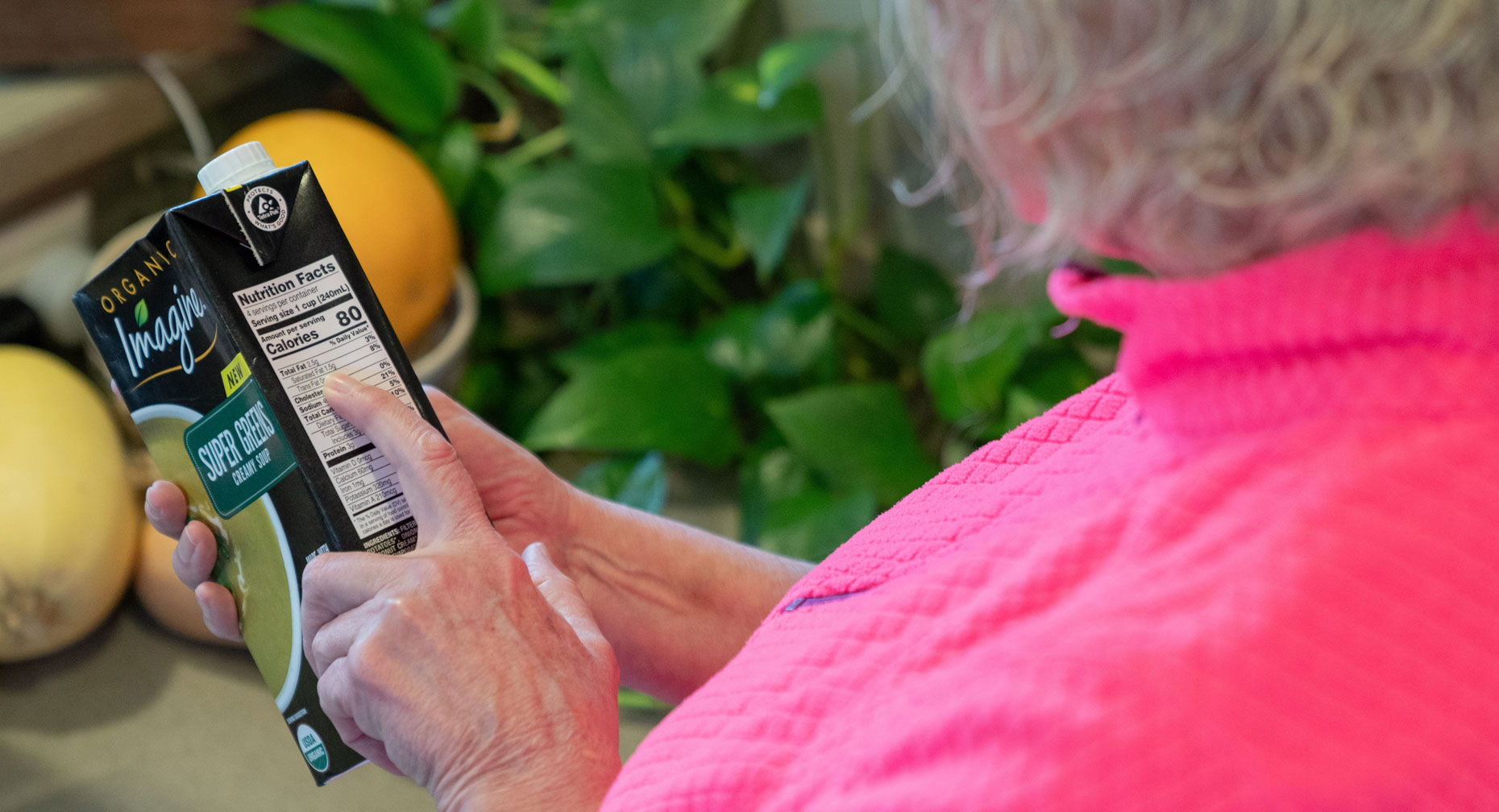10 Tips To Eating Healthy For Older Adults

Find Your Perfect Match
Answer a few questions and we'll provide you with a list of primary care providers that best fit your needs.
There’s no magic solution to successful aging, but eating healthy is a big step in the right direction. Our bodies change through our 60s, 70s, 80s, and beyond — which means our nutritional needs change as well. It’s important to know what to eat at each stage of life. And in our later years, healthy eating can pay off in big ways.
As the years add up, it’s even more important to make smart food choices.
Watch Out For These Challenges
Healthy eating isn’t just about wise food choices. With advancing age, some people face challenges that can affect eating and drinking habits:
- Loss of the sense of thirst
- Changes in the sense of smell or taste
- Dental problems that make it hard to eat some foods
- Not having anyone to share meals with
Eating For Maximum Health
As the years add up, it’s even more important to make smart food choices. Follow these tips for healthy and satisfying eating:
- Choose nutrient-dense foods. These are foods that give you lots of nutrients without a lot of extra calories — like lean cuts of meat, fruit, eggs, or nuts.
- Avoid empty calories. High-calorie foods like sugary drinks, chips, and baked goods don’t have much nutritional value and can pack on unwanted pounds.
- Get social. Eating with others can make mealtimes more enjoyable. Senior centers or places of worship may offer community meals. Invite a friend to have a meal with you or organize a weekly potluck.
- Plan healthy meals. Ask your health care provider for advice on what to eat, how much to eat, and which foods are best at your age.
- Spice it up. Your sense of smell or taste — or both — can change with age. Medicines can also affect how food tastes. Add flavor to meals with herbs and spice.
- Brighten your plate with veggies. Include a variety of different colored vegetables to boost your appetite. Most are a good low-calorie source of nutrients and fiber.
- Take it easy on your teeth and gums. Your teeth and gums may change with age. If you have a dental problem, it might be hard to chew fruit, vegetables, or meat. Eat softer foods so you don’t miss out on needed nutrients. Try cooked or canned foods like unsweetened fruits, low-sodium soups, or canned tuna.
- Keep food safe. A food-related illness can be life-threatening, especially for an older person. Avoid risky foods like unpasteurized dairy products. Other foods can be harmful when they are raw or undercooked, like eggs, sprouts, fish, shellfish, meat, or poultry.
- Read the label. It’s easier to make good choices when you pay attention to information about nutrients, calories, fats, sodium, and more. Ask your doctor if you need to limit or increase any ingredients and nutrients in your diet.
- Ask your doctor about vitamins or supplements. While food is the best way to get the nutrients you need, you may wonder if you should take vitamins or supplements containing herbs and minerals. Ask your doctor. She will know if you need them. More isn’t necessarily better as some can affect an existing medical condition or interfere with your medicines.
A Word About Water
With age, you may lose some of your sense of thirst. It’s important to get enough fluids even if you’re not thirsty. Try adding liquids throughout the day. Drink water often, especially before exercise. Low-fat milk or juice can also be good choices to prevent dehydration.
Check with your health care provider if you have questions about the best diet for healthy eating at any age.
Find Your Perfect Match
Answer a few questions and we'll provide you with a list of primary care providers that best fit your needs.
Source: National Institute on Aging




